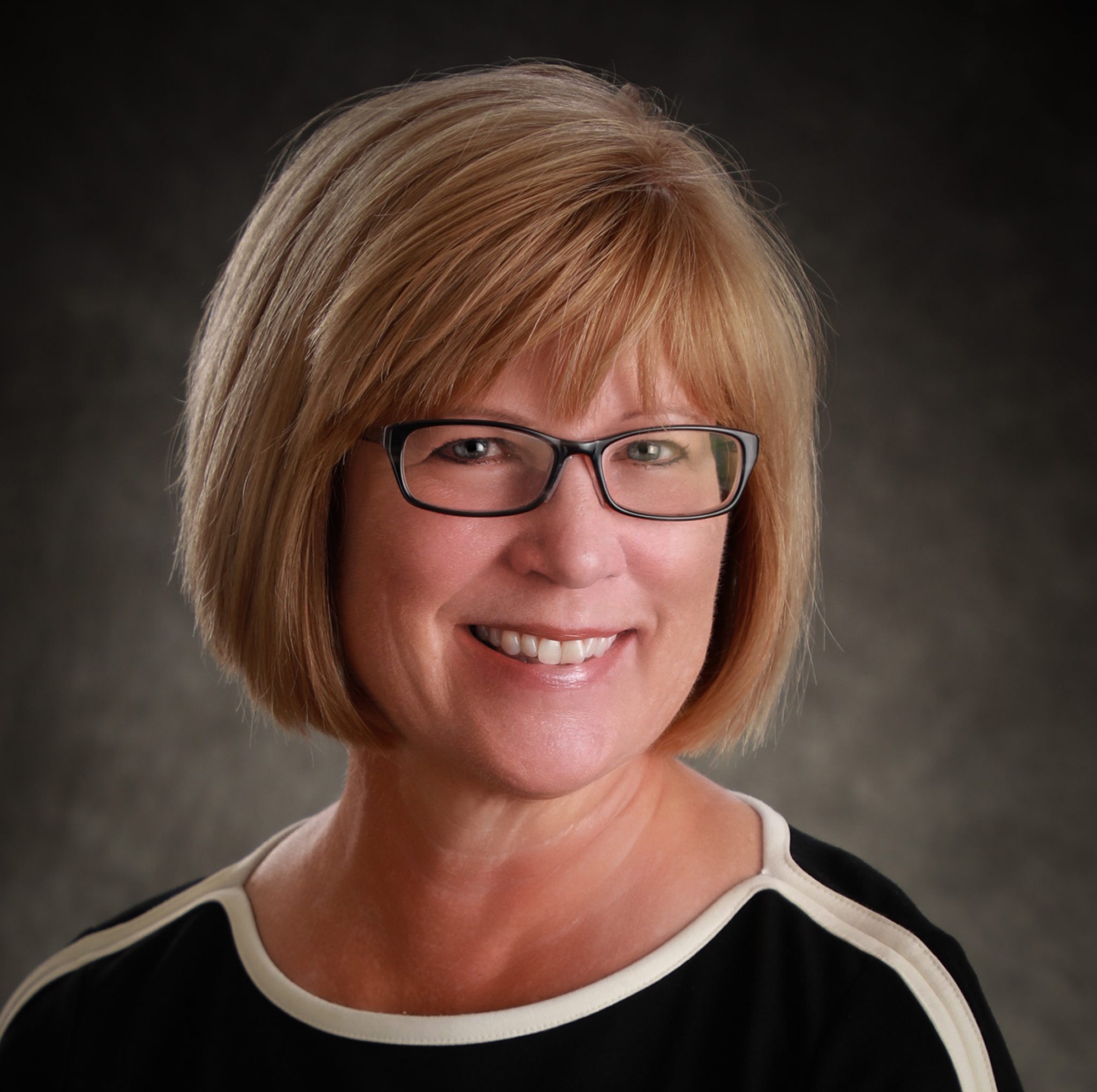Sue Perlin Brings Significant Experience to the Flinn Board
For her entire career, Sue Perlin guided not-for-profit organizations to be fiscally strong. As a CPA Audit Partner with Plante Moran, Perlin worked with the Flinn Foundation, a client she served under the firm’s Not-for-Profit Services Group. After Perlin retired from Plante Moran in 2019, she was invited to join the Flinn Foundation Board of Trustees and stepped into the role in December, 2020.
The move from serving Flinn as a client to joining Flinn’s Board furthered a longstanding and trusted relationship.
“I really enjoyed serving Flinn as a client,” Perlin says. “They are doing such important work. I knew each Board member and the staff and was happy to work with all of them to try to expand on the work they are doing.”
As Perlin took her seat on the Flinn Board of Trustees, she brought with her a valuable skill set. She understands the financial structure of nonprofit organizations and, because she knows the majority of the organizations seeking grants, she recognizes how Flinn’s grantmaking activities can be of specific benefit.
Supporting what works and expanding the impact
Flinn’s work is important, says Perlin, because funding is needed, particularly for the evidence-based mental health support and practices that Flinn grantees prioritize.
“There is a mental health crisis and not enough money; there probably never will be,” Perlin says. “There has to be evidence-based programming and that’s what Flinn Foundation funds. I believe, that to truly make a difference, this should be expanded. One program that works in a small situation is great, but we have to be able to replicate it and expand it if we are going to get services to those who need them. There are many barriers to access and philanthropy can help remove barriers.”
While Flinn’s grantmaking model is straightforward, the organizations selected to receive grants help advance programming and access to care that can make a true difference. “What is key, I think, is doing the right grantmaking to the right organizations,” Perlin says. “That’s where the Board does the work to figure out where we think the grants can be made to have the most impact. Some programs we’re funding are unique and have the potential to become national models.”
Collaboration boosts missions and outcomes
Perlin, who currently serves as Vice-Chair of the Board, says she’s especially proud of the Flinn Foundation’s reach, thanks to the work of Flinn’s president and CEO, Andrea Cole, who she says is “well-known and respected in Michigan and nationally in this arena.” Because of this, Cole can leverage Flinn’s work and funding in collaboration with aligned foundations, government entities and universities for an even bigger impact. “We are a small foundation, but the impact is large because Andrea is able to bring large entities along with us and increase that impact, largely because of the work she has been doing for years. That appeals to me,” she says.
Working to reduce stigma and boost access to care
Perlin acknowledges the recent strides made in the mental health space and says that popular culture and media have helped to reduce the stigma of speaking openly about having and seeking treatment for mental health conditions. Schools, she says, are moving forward in helping students and individuals recognize how very common mental health challenges are.
“Among health care professionals, too, we have done some work with granting to help in the health care industry to build connections. It should be part of regular, basic health care services that mental health is on that continuum,” Perlin says.
Still, there’s more work to be done, and Perlin stands with the Flinn Foundation, ready to prioritize resources to further reduce the stigma surrounding mental health and increase access to care.
Taking care of her own mental health
When she’s not advancing the work of the Flinn Foundation or the other nonprofit boards she serves, Perlin spends time at her home in Florida.
“I just returned from a beautiful bike ride. We have a place here and spend most of the winter here. We golf and really love the outdoors,” she says. She also helps care for her four grandchildren and has her sights set on returning to personal travel, which she opted out of during the thick of the COVID pandemic.

